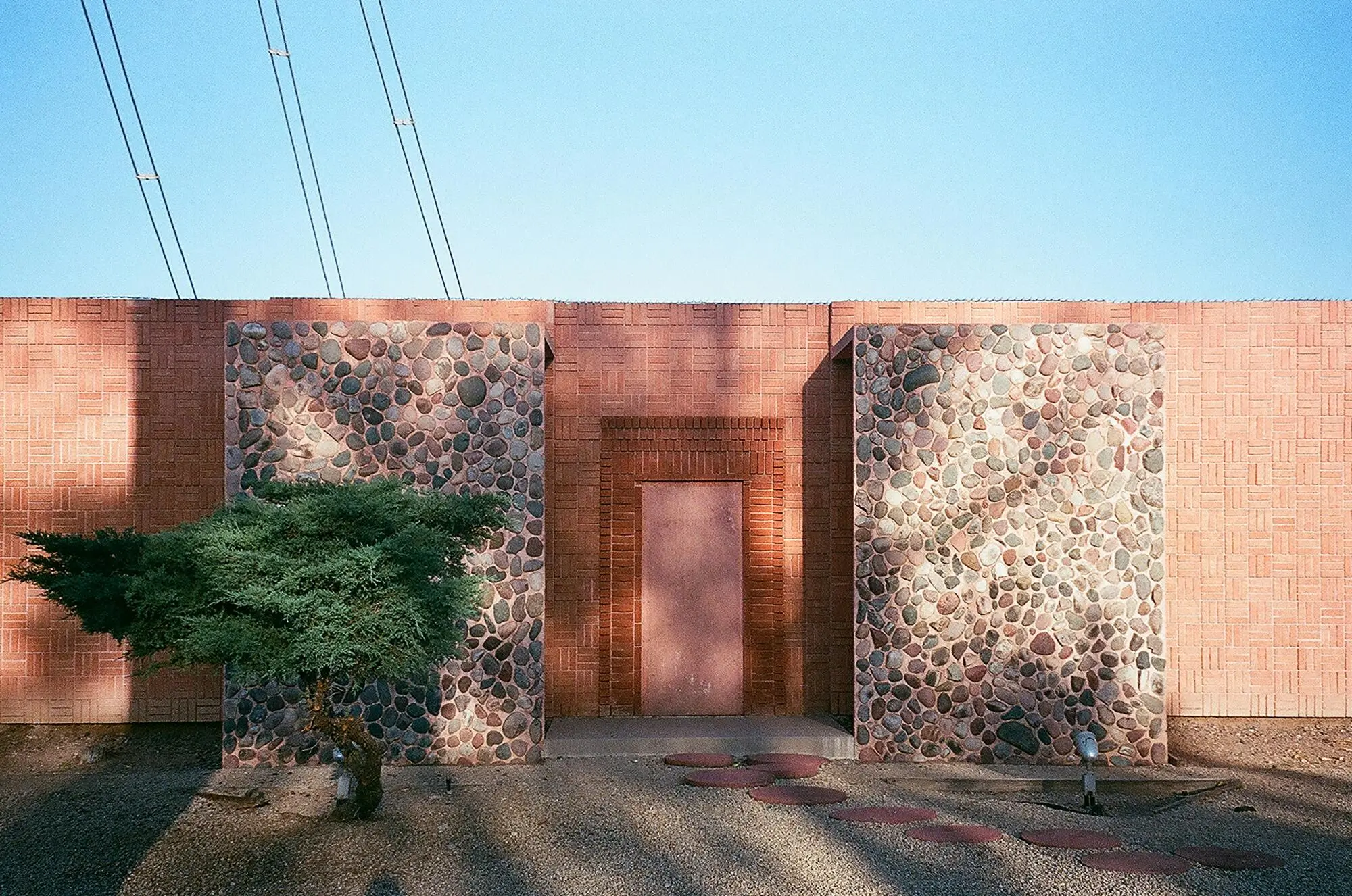Imagine a tenant in one of your Phoenix properties has stopped paying rent, or perhaps they're disturbing the neighbors, violating lease terms, or causing property damage. You've sent reminders, given warnings, and extended grace periods-but the issue persists. Eviction may be the only option left, but the process is far from straightforward. For property managers in Phoenix, understanding the specific steps, legal obligations, and potential pitfalls of evictions is essential for a smooth process.
Read on to learn what property managers in Phoenix need to know about evictions.
Steps in the Phoenix Eviction Process
The eviction process in Phoenix, Arizona, follows a structured legal sequence designed to ensure fair handling of tenant and landlord rights. It typically begins with providing a written notice to the tenant, specifying the reason for eviction and the timeline to either resolve the issue or vacate the property. For non-payment of rent, the landlord must serve a five-day notice, giving the tenant a chance to pay any outstanding rent.
Other lease violations, such as property damage or unauthorized subleasing, may require a 10-day notice to comply. In cases of illegal activities on the premises, a shorter notice period for a tenant eviction is often acceptable, allowing property managers to act quickly if serious lease violations or safety concerns are involved.
Landlord Advice: Common Challenges Phoenix Property Managers Face
One of the most common issues is disputes over non-payment of rent, where tenants may claim financial hardship, employment loss, or withheld rent due to unresolved maintenance requests. This can create a back-and-forth negotiation that delays the process.
It's particularly tricky if tenants present counterclaims or argue that the landlord has not upheld their responsibilities. In such cases, thorough documentation of:
- Rental agreements
- Payment histories
- Communication logs
are essential to support the property manager's position in court.
Delays in the court system and the availability of hearing dates add a layer of unpredictability to evictions in Phoenix. High caseloads can sometimes push court dates back, which prolongs the eviction and places additional financial strain on landlords who continue to lose rental income.
Best Practices for Avoiding Evictions
It's best to avoid legal eviction procedures in the first place.
One of the most effective practices is conducting thorough tenant screenings. By carefully reviewing a prospective tenant's rental history, credit report, and income verification, managers can gauge the tenant's financial stability and reliability, significantly lowering the chances of future payment issues. It's also wise to reach out to previous landlords, as they can provide insights into the applicant's behavior and reliability that may not appear in a credit report.
Property managers in Phoenix can prevent misunderstandings and build positive tenant relationships by maintaining an open line of communication about rent payments, maintenance needs, and any lease updates. When tenants feel comfortable addressing concerns, they are more likely to communicate issues early, allowing property managers to address them before they escalate.
Use This Guide for Phoenix Evictions Today
With this guide to Phoenix evictions, you'll have a much easier time taking care of properties.
Do you want to learn more property management tips? PMI Real Estate Services has been navigating legal eviction procedures for over two decades.
Call us today to learn more.


